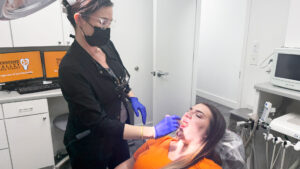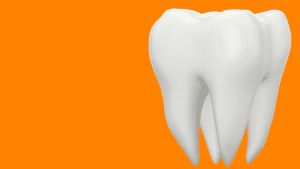When it comes to wisdom teeth, there’s often confusion about what they really are. Are they just extra teeth? Are they molars? Why do they cause so many problems?
Let’s clear up the mystery.
Yes, wisdom teeth are molars—specifically, they are known as third molars. But their late arrival, frequent complications, and often-impacted position make them quite different from the rest of your molars. In this post, we’ll explore what classifies wisdom teeth as molars, how they differ from other molars, and what to know if you (or your teen) still have them.
What Are Molars, Exactly?
To understand wisdom teeth, it helps to understand how teeth are classified.
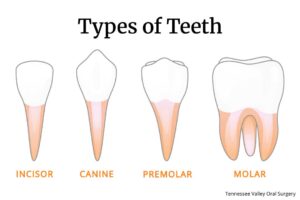
Your mouth has four main types of teeth:
• Incisors: the sharp, front teeth used for cutting food
• Canines: the pointed teeth next to the incisors, used for tearing food
• Premolars (bicuspids): the transitional teeth between the canines and molars
• Molars: the flat-topped teeth in the back of your mouth, used for grinding and chewing food
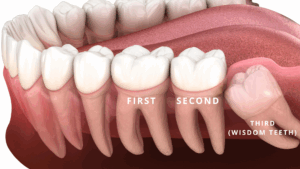
Molars are the largest teeth in your mouth and play a major role in the chewing process. Most adults have 12 molars—three on each side of the upper and lower jaws. These include:
• First molars
• Second molars
• Third molars (aka wisdom teeth)
So, Are Wisdom Teeth Molars?
Yes—they are. Wisdom teeth are classified as third molars, the last in the molar lineup.
They usually erupt, or come through the gum line, between the ages of 17 and 25, which is why they’re called wisdom teeth. The nickname wisdom teeth is a nod to the idea that people are (supposedly) wiser by that age. Most adults develop four wisdom teeth: one in each corner of the mouth. However, some people may have fewer, more, or even none at all.
How Are Wisdom Teeth Different from Other Molars?
Even though they are technically molars, wisdom teeth are quite different from the first and second molars. Here’s how:
1. Timing of Eruption
• First and second molars usually erupt by the age of 12.
• Wisdom teeth erupt much later—typically between ages 17 and 25, when most of the other teeth are already fully in place.
This late eruption is a big reason why wisdom teeth often cause problems. There simply isn’t enough room left in the mouth to accommodate them.
2. Likelihood of Impaction
• Wisdom teeth are far more likely to become impacted (stuck under the gum or in the jawbone) than any other teeth.
• Impaction can lead to pain, swelling, infection, and crowding of nearby teeth.
In contrast, first and second molars usually erupt without much issue.
3. Functionality
• While all molars are designed for grinding up food, wisdom teeth aren’t essential for modern-day chewing. Most people can chew just fine without them.
• In fact, many dentists and oral surgeons consider wisdom teeth vestigial, meaning they’re leftover from an earlier time in human evolution when we had larger jaws and needed extra molars to chew tough roots and raw meat.
4. Oral Health Risks
Because of their position at the very back of the mouth, wisdom teeth are harder to clean. This makes them more prone to:
- Cavities
- Gum disease
- Infection
- Cysts or tumors in rare cases
Why Are Wisdom Teeth Often Removed?
Given all these differences, it’s no surprise that wisdom teeth are the most commonly removed teeth. Here are some of the most common reasons for removal:
- Impacted teeth: Fully or partially trapped under the gums or bone
- Crowding: Not enough room in the mouth, which can shift or damage nearby teeth
- Infection or inflammation: From trapped food or bacteria
- Decay or gum disease: Especially in partially erupted teeth
- Preventive reasons: Even if they’re not causing issues now, they may in the future
Not everyone needs their wisdom teeth removed, but for many people, early evaluation by an oral surgeon can prevent problems down the line.
How Can You Know If Your Wisdom Teeth Should Be Removed?
At Tennessee Valley Oral Surgery, we evaluate wisdom teeth on a case-by-case basis. A full exam and imaging (like a panoramic X-ray) can show:
• Whether your wisdom teeth are impacted
• If there’s enough room in your jaw
• Whether they pose a risk to other teeth or your oral health
Even if your wisdom teeth are not causing pain now, it’s worth scheduling a consultation to understand your options—especially if you’re in your late teens or early twenties.
 Download Our Free Guide to Wisdom Teeth
Download Our Free Guide to Wisdom Teeth
Want to learn more about wisdom teeth—how they grow, when to remove them, and what recovery looks like?
Download our free guide to wisdom teeth by clicking here.
It covers the most frequently asked questions, what to expect from surgery, and how to care for your mouth afterward.
Whether you’re a parent preparing a teen for extraction or an adult wondering about your own wisdom teeth, this guide is your go-to resource for everything you need to know.
Ready to Talk to an Oral Surgeon?
If you or your child has wisdom teeth coming in—or you’re just not sure what’s going on back there—we’d love to help. With offices in Knoxville, Maryville, and Lenoir City, Tennessee Valley Oral Surgery is your East Tennessee expert in wisdom teeth care. Schedule a consultation today by clicking here and requesting online or call us at (865) 381-8867 to get started. Let’s keep your smile healthy, happy, and pain-free.
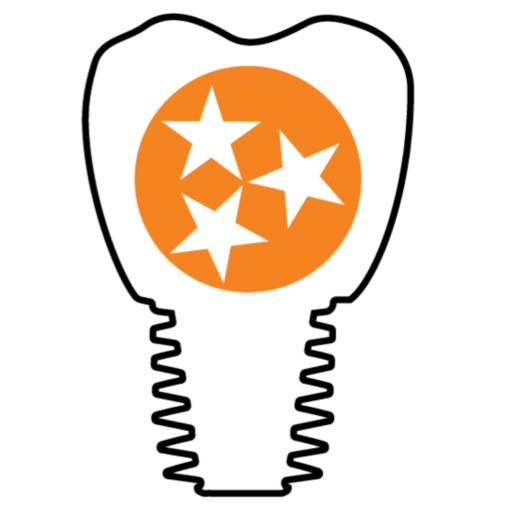
Schedule an Appointment Today
Are you a patient in the Knoxville, Lenoir City or Maryville, TN area needing oral surgery?
Have More Questions?
Check out our frequently asked questions to get more answers about your oral surgery procedure.



